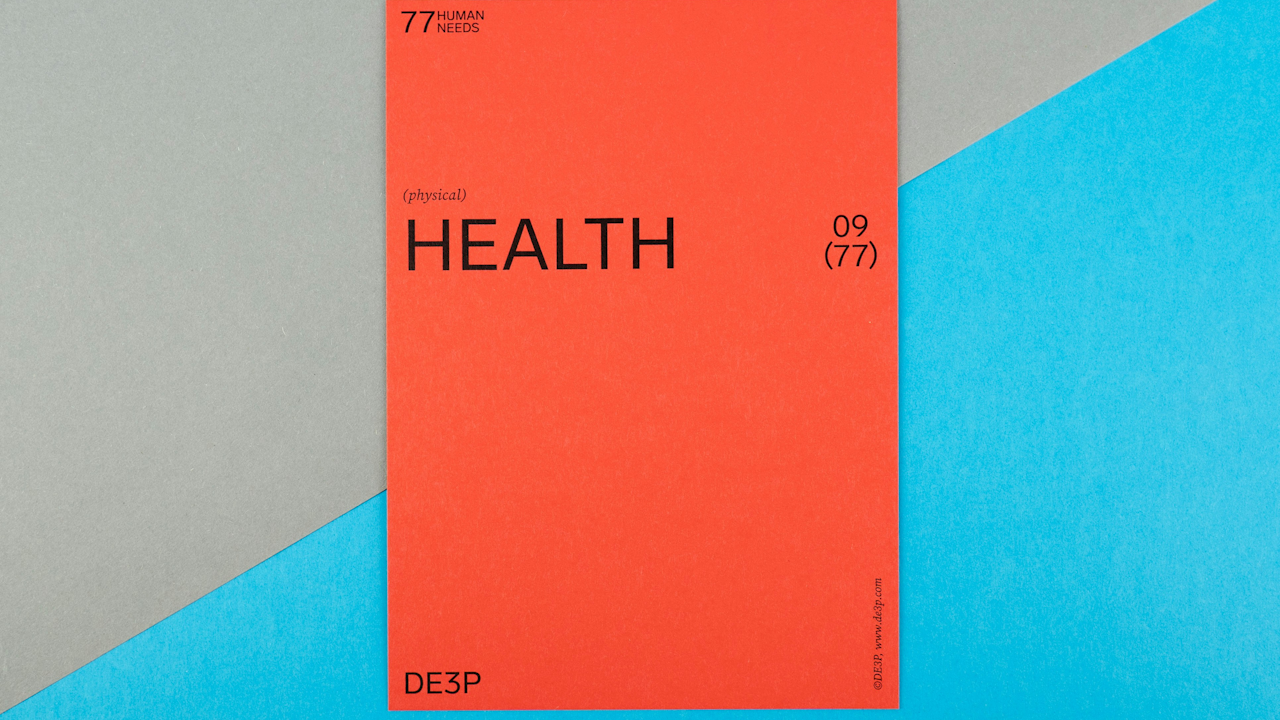In the age of information, health advice and wellness trends often spread quickly. While some are grounded in science, others are based on misconceptions that can lead to poor decisions about personal health. Understanding and challenging these common myths is essential for making informed choices that promote long-term well-being.
Myth 1: Eating Fat Makes You Fat
One of the most persistent misconceptions is the idea that consuming dietary fat directly results in body fat. While it’s true that fat is more calorie-dense than carbohydrates or proteins, the body’s response to fat consumption is complex. Healthy fats, such as those found in avocados, nuts, seeds, and olive oil, play a crucial role in brain function, hormone production, and nutrient absorption. Weight gain occurs primarily when there is an excess of calorie intake from any source, not just fat. Incorporating healthy fats into a balanced diet can actually support weight management by promoting satiety and reducing overeating.
Myth 2: You Need to Drink Eight Glasses of Water a Day
The recommendation to drink eight 8-ounce glasses of water daily—also known as the “8×8 rule”—is often touted as essential for health. However, individual hydration needs vary depending on factors like body size, activity level, climate, and overall health. Many people get adequate hydration through a combination of water, other beverages, and moisture-rich foods such as fruits and vegetables. A better guideline is to listen to your body and drink when you feel thirsty.
Myth 3: Carbs Are Bad for You
Carbohydrates have developed a bad reputation, particularly with the popularity of low-carb diets. However, not all carbs are created equal. Whole grains, fruits, vegetables, and legumes are sources of complex carbohydrates that provide essential nutrients, fiber, and energy. These foods support digestive health and help maintain steady blood sugar levels. The issue arises with refined carbohydrates—such as white bread, sugary snacks, and pastries—which can lead to blood sugar spikes and crashes. Including high-quality carbohydrates as part of a balanced diet is crucial for sustained energy and overall health.
Myth 4: All Supplements Are Safe and Necessary
Dietary supplements are widely available and often marketed as essential for health, but they are not always necessary for everyone. In many cases, a well-rounded diet provides all the nutrients the body needs. Overuse of certain supplements can even pose health risks, such as vitamin toxicity or interactions with medications. Before starting any supplement regimen, it’s advisable to consult with a healthcare professional to determine specific needs based on individual health status.
Myth 5: Detox Diets and Cleanses Remove Toxins
The idea that the body needs external help to detoxify through special diets or juices is misleading. The liver, kidneys, and digestive system are highly efficient at removing toxins on their own. While consuming a diet rich in whole, unprocessed foods supports these natural processes, extreme detox regimens can be unnecessary and potentially harmful. Instead of cleanses, focusing on a balanced diet, adequate hydration, regular exercise, and sufficient sleep is a more effective approach to supporting the body’s natural detoxification functions.
Myth 6: You Should Avoid All Sun Exposure
Sun exposure often gets a bad rap due to its association with skin cancer and premature aging. While it’s important to protect the skin from excessive UV radiation, moderate sun exposure is beneficial for health. It plays a key role in the body’s production of vitamin D, which is essential for bone health, immune function, and mood regulation. The key is balance—spend short periods in the sun and use sunscreen to protect against overexposure.
Myth 7: Weight Is the Best Indicator of Health
Many people equate being thin with being healthy, but weight alone is not a comprehensive measure of health. Factors such as muscle mass, bone density, metabolic rate, and overall fitness levels are also critical considerations. Some individuals may be within a “normal” weight range but have poor cardiovascular health or high levels of visceral fat, while others with higher body weights may be metabolically healthy. A more holistic approach to health assessment considers markers such as blood pressure, cholesterol levels, and physical fitness.
Myth 8: You Should Exercise Hard Every Day
While regular exercise is vital for maintaining health, the notion that more is always better can lead to burnout and injury. Rest and recovery are essential components of a well-rounded fitness regimen. Muscles need time to repair and strengthen after strenuous workouts. Incorporating rest days and varying workout intensity can prevent overtraining and enhance long-term performance and enjoyment of physical activity.
Myth 9: Organic Food Is Always Healthier
Organic produce and products are often perceived as inherently healthier than conventionally grown counterparts. While organic foods are free from synthetic pesticides and fertilizers, their nutritional content is not significantly different from non-organic foods. The health benefits of consuming fruits and vegetables outweigh concerns about whether they are organic or not. Prioritizing a diet rich in a variety of plant-based foods, regardless of organic status, is key.
Myth 10: Health Is Solely Physical
Physical well-being is just one aspect of overall health. Mental and emotional health are equally important and interconnected with physical health. Chronic stress, for instance, can lead to physical ailments such as high blood pressure and weakened immunity. Practices such as mindfulness, therapy, and maintaining strong social connections contribute to holistic health and resilience.
By challenging and correcting these widespread misconceptions, individuals can make better-informed decisions and cultivate healthier lifestyles. Critical thinking, coupled with evidence-based knowledge, empowers people to navigate health advice confidently and prioritize choices that truly support well-being.

